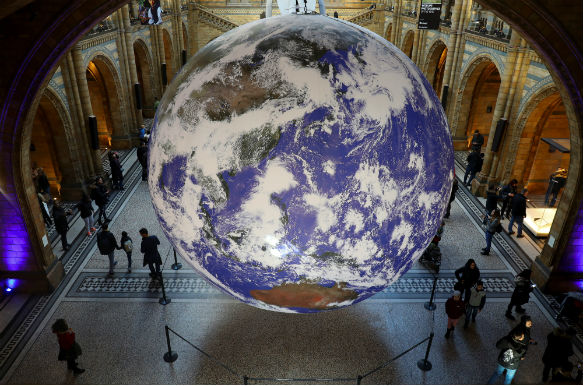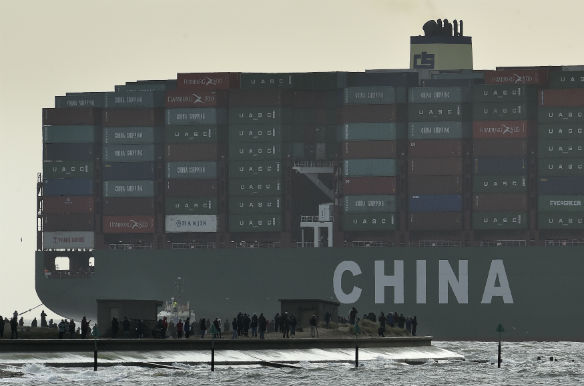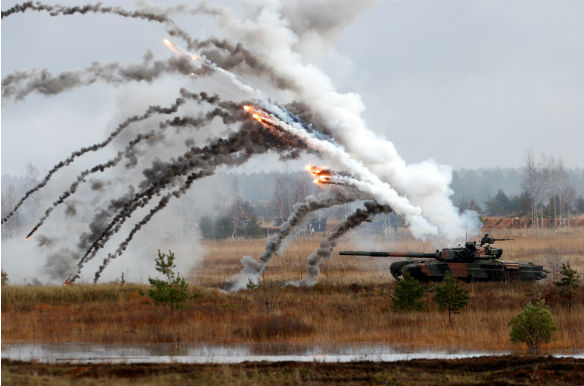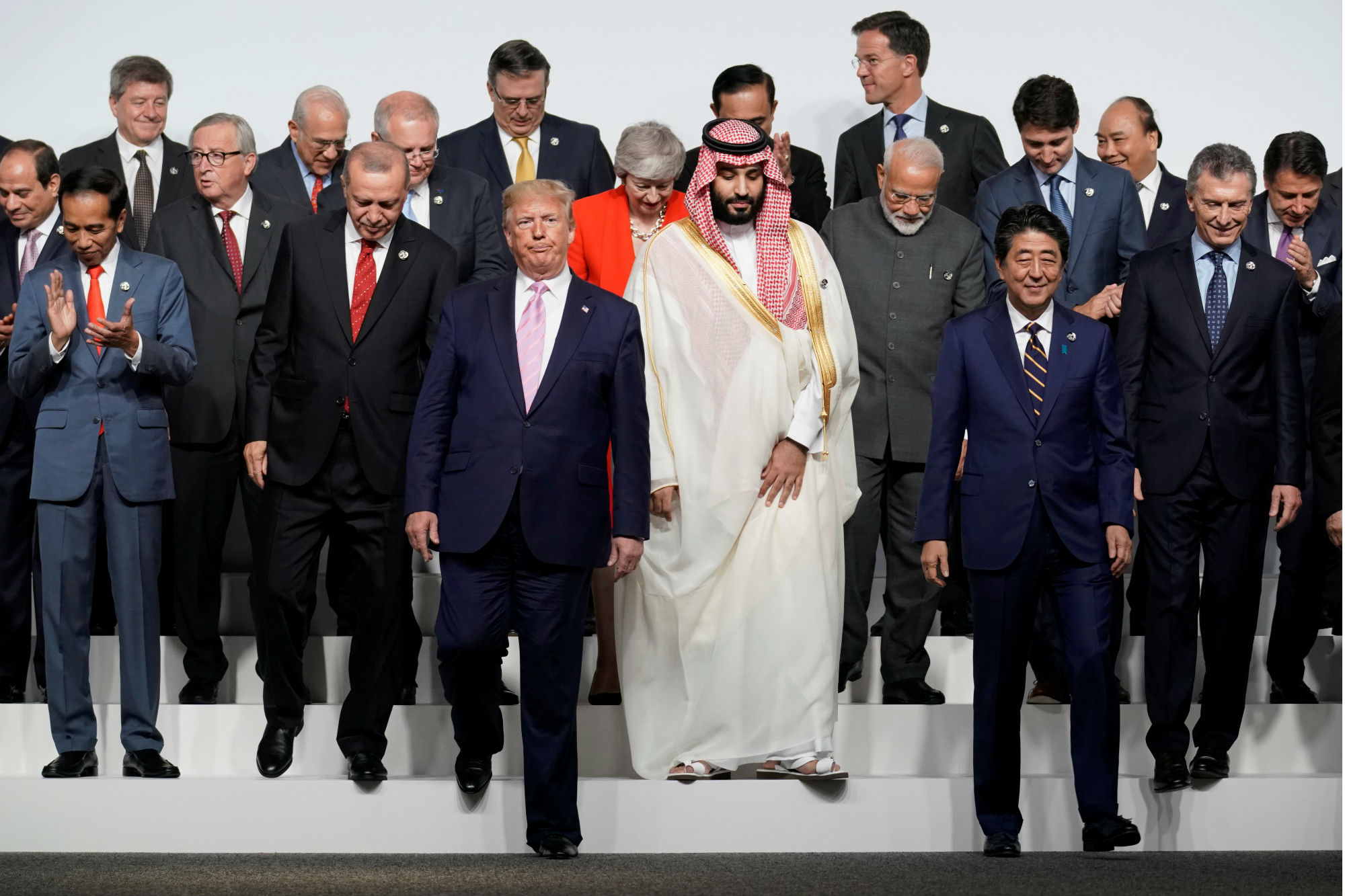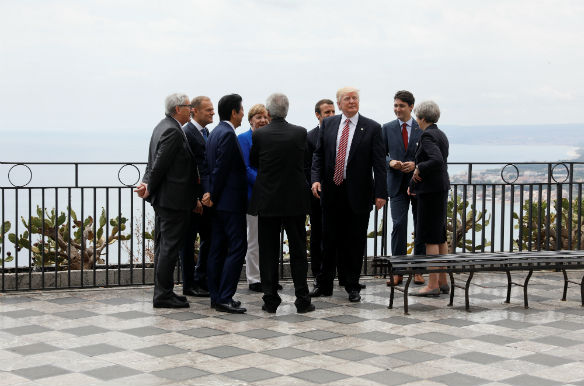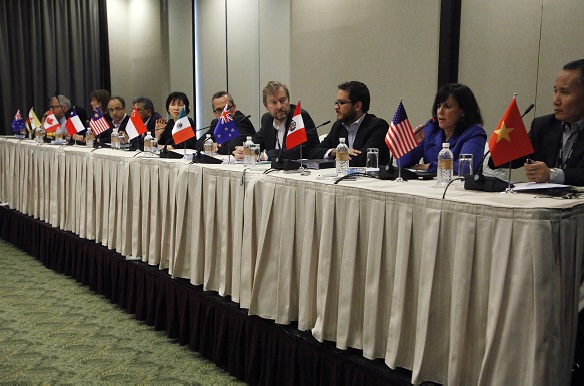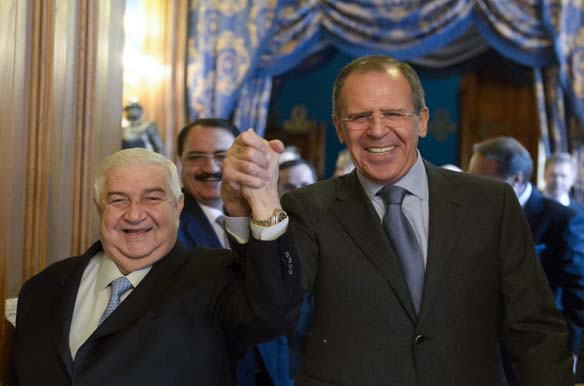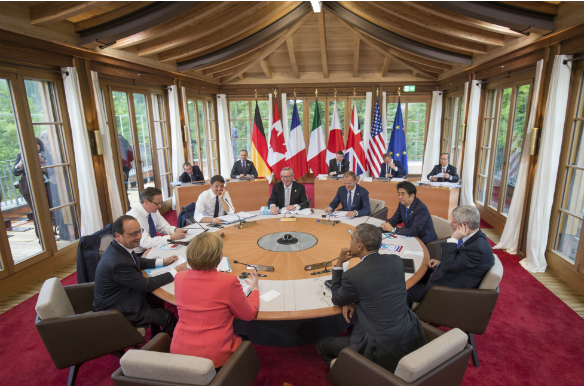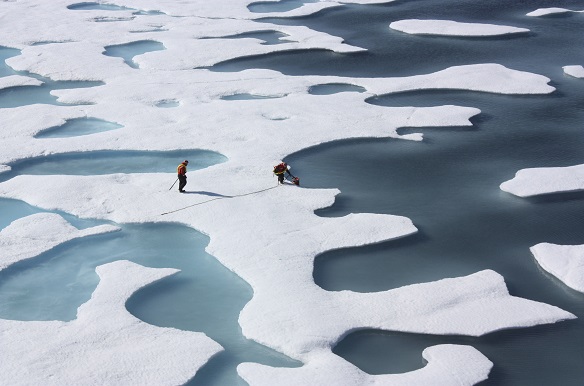Planet Earth Takes Center Stage in 2019 Global Summits
With each passing year, the number of international summits seems to expand. During 2019, globetrotting leaders will need to choose among a daunting array of meetings vying for their attention. Some of the most important will deal not with traditional security challenges or macroeconomic coordination, but with what is arguably the greatest dilemma facing humanity in the twenty-first century—namely, how to advance economic prosperity and social welfare without destroying the planet and prospects of future generations in the process.
With each passing year, the number of international summits seems to expand. During 2019, globetrotting leaders will need to choose among a daunting array of meetings vying for their attention. Some of the most important will deal not with traditional security challenges or macroeconomic coordination, but with what is arguably the greatest dilemma facing humanity in the twenty-first century—namely, how to advance economic prosperity and social welfare without destroying the planet and prospects of future generations in the process.

